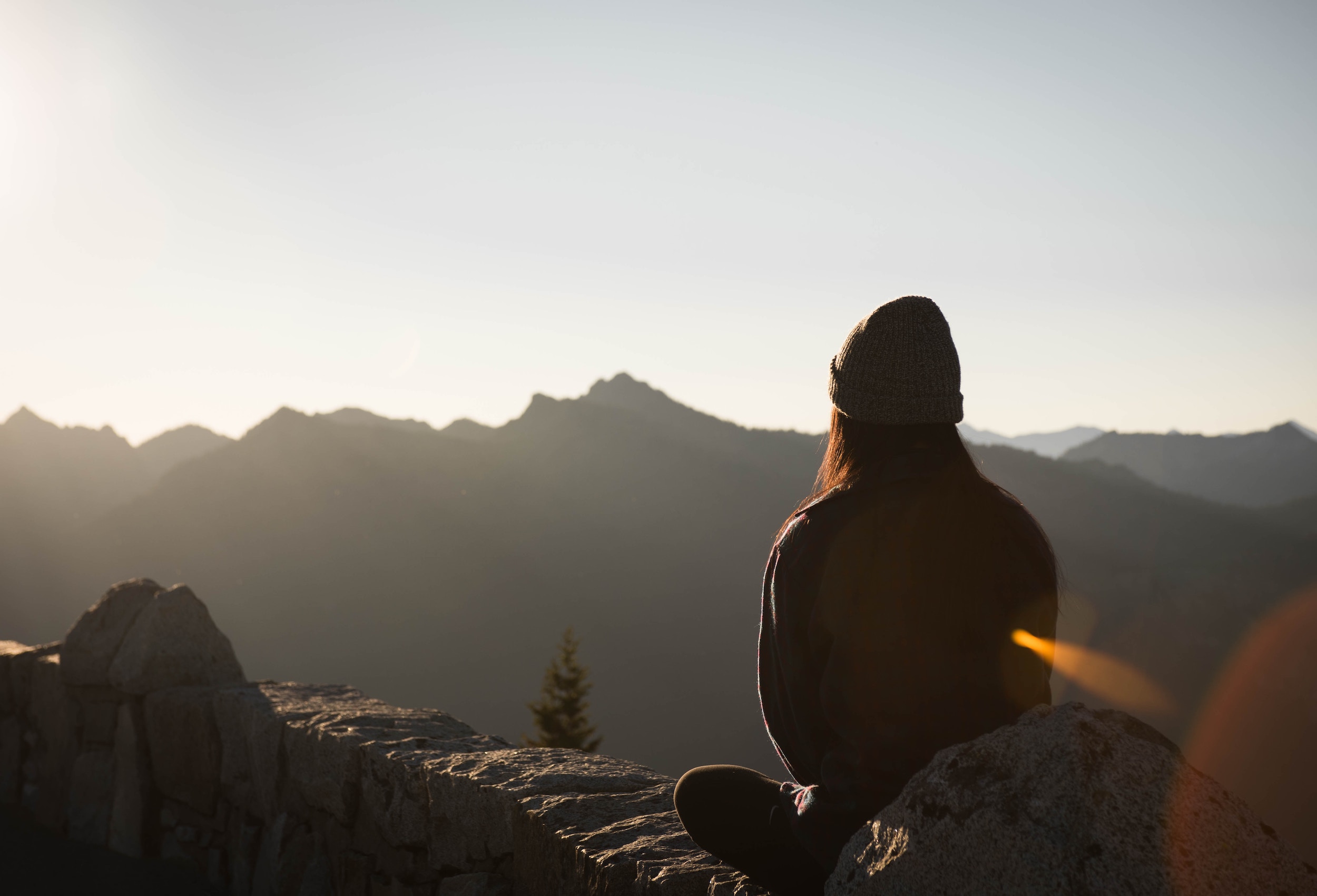Mindfulness and meditation, two seemingly simple practices, are mighty in shaping our mental well-being. They stand as pillars of inner peace and mental clarity in a chaotic and overwhelming world. Whether caught in the whirlwind of daily responsibilities or grappling with life’s curveballs, taking a few moments to pause, breathe, and just be can make a world of difference.
To begin with, mindfulness is a practice that involves bringing one’s attention to experiences happening in the present moment without judgment. It is about being aware of where we are and what we’re doing and not being overly reactive or overwhelmed by what’s happening around us. Mindfulness is cultivated through meditation, but it’s not the only path. It can be nurtured through everyday tasks as well.
Meditation, on the other hand, is a broad term encompassing a wide range of practices intended to relax the mind and body, build internal energy, and foster compassion, love, patience, generosity, and forgiveness. One such practice is mindfulness meditation, emphasizes active, focused attention to the present moment.
Scientific research has shown that mindfulness and meditation have numerous benefits, from stress reduction to enhanced focus and well-being. A 2013 study published in “JAMA Internal Medicine” found that meditation helps to reduce anxiety and depression and improve overall mental health. Another study published in “Psychological Science” in 2010 suggested that mindfulness can improve working memory, reading comprehension, and task focus.
These benefits go beyond just mental well-being. Mindfulness and meditation can also positively impact physical health. A study from Johns Hopkins University found that meditation can lower blood pressure, improve sleep, reduce chronic pain, and even alleviate bowel syndrome symptoms.
Integrating mindfulness and meditation into daily routines doesn’t necessitate setting aside large chunks of time. Even a few minutes a day can yield significant benefits. Renowned mindfulness expert Jon Kabat-Zinn suggests starting with 10 to 15 minutes daily, focusing on the breath as a meditation object. This simple yet powerful mindfulness-based stress reduction (MBSR) practice has been extensively researched and applied in hospitals and clinics worldwide.
The beauty of these practices is that they can be done anywhere, at any time. It could be as simple as paying attention to your breath while waiting for your morning coffee to brew or being fully present during a conversation with a loved one.
Over time, mindfulness and meditation can cultivate an inner quiet, allowing us to respond to life’s challenges with greater calm and wisdom. It encourages us to live more fully in the present rather than getting lost in the past or anticipating the future. As Thich Nhat Hanh, a Vietnamese Buddhist monk, and peace activist, beautifully expressed, “The present moment is the only moment available to us, and it is the door to all moments.”
The road to a more mindful existence and its benefits starts with a simple step – the decision to pause, breathe, and connect with the present.
As we wrap up, let’s consider how we can create a society that values and encourages mindfulness and meditation as integral parts of well-being. How can we make these practices more accessible and appealing to everyone? Let’s discuss your thoughts and experiences in the comments below. Have you tried integrating mindfulness or meditation into your daily routine? If so, how has it impacted your life?
